The British director talks about his father-son drama, which receives its world premiere in competition at International Film Festival Rotterdam (IFFR).
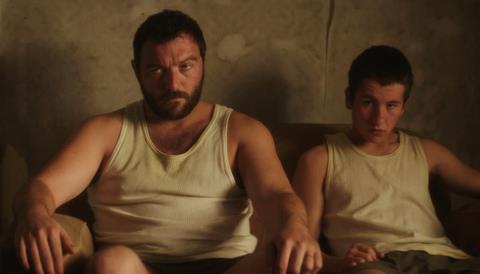
The world premiere of Norfolk at the International Film Festival Rotterdam tonight (Jan 24) is the culmination of two years work for director Martin Radich.
The British filmmaker, whose previously directed nihilistic drama Crack Willow (2008), received the greenlight to make his dreamlike feature in February 2013 and shot the film in September-October that same year.
Starring Denis Menochet (Inglorious Basterds) and Barry Keoghan (‘71), it is a haunting thriller about a reclusive father and son whose close relationship is threatened when the father’s violent past catches up with them. Co-stars include Eileen Davies (Sightseers), Sean Buckley (Les Misérables) and newcomer Goda Letkauskaite.
Producers are Finlay Pretsell of SDI Productions and Rachel Dargavel of Crybaby. Norfolk was developed, financed and produced through Creative England’s iFeatures initiative with backing from the BFI and BBC Films.
The evocative music for Norfolk is a unique collaboration with Brooklyn-based composer JG Thirlwell, whose extensive body of work under numerous different identities spans over 25 years and includes collaborations with artists such as Nick Cave, Marc Almond, The The, Karen O and Spike Jonze.
Radich spoke to Screen about his film ahead of its world premiere.
Where did the idea of this film come from?
The idea came from two photographs. I had photocopied a photo from an old library book about ten years ago which was of a soldier from World War Two, and the soldier’s expression I found incredibly hard to read. You could look at this image and think that this man was an incredibly courageous and brave soldier. Then, another time, you could look at this and think “God there’s nothing there, he’s shell-shocked, there’s nothing behind the eyes”, and I kind of liked that ambiguity.
I also discovered an old photograph of myself when I was about ten. We were on holiday in the Norfolk Broads and I remembered how mysterious and enigmatic that landscape was.
Those two images started to merge and I liked the idea of creating a puzzle set in this ever-changing landscape of the Norfolk Broads.
I thought it would be cheap and simple to shoot. I was wrong!
Norfolk is very different from a typical revenge drama.
I think it’s just indicative of what I am. I look at the end result and wonder how we ended up with this. It’s unlike anything you really see - for good or for bad. I know it won’t be to everybody’s liking. But although I have my inspirations I’m not trying to replicate anything.
You describe it as a puzzle.
Yes. I was always trying to create a world of ambiguity. Is the protagonist a good or bad man?
It was a tough line to tread but didn’t want to explain to the audience. I like symbolism and abstraction as forms of communication, and I also wanted to embrace that.
How did you achieve the sort of more raw look that occasionally creeps in?
That was a children’s toy camera. I bought it for £20. So you go from an Alexa Anamorphic to a children’s camera.
What do you hope for the film?
I really do hope it does have a good festival run. You take a gamble when you create something like Norfolk. It’s not straightforward, it’s not necessarily conventional narrative, it’s not a necessarily conventional presentation of a film. But I do believe that it has cinematic qualities.
I just hope that people like it and they respond to it.
What’s next for you?
I have the rights to a short book called CharlieUncleNorfolkTango by a writer called Tony White. After Rotterdam, I might find a quiet corner and look to adapt into a screenplay.

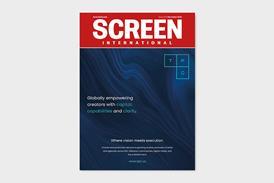
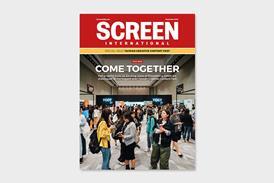
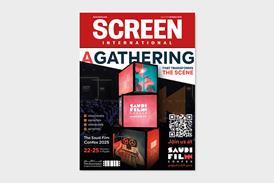
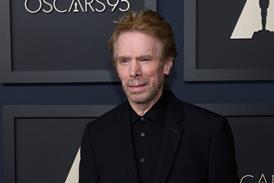
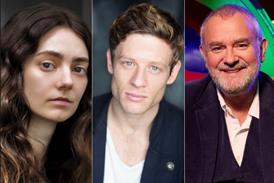
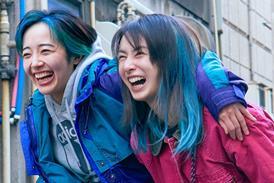
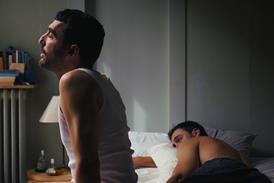

![[Clockwise from top left]: 'The Voice Of Hind Rajab', 'A House Of Dynamite', 'Jay Kelly', 'After The Hunt', 'The Smashing Machine'](https://d1nslcd7m2225b.cloudfront.net/Pictures/274x183/1/7/0/1459170_veniceawards_837515.jpg)

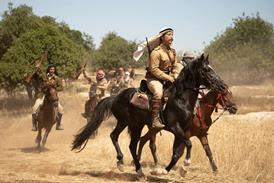

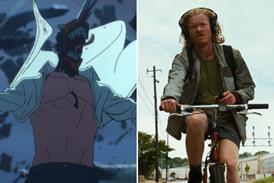
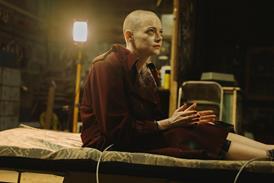


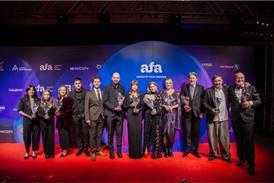







No comments yet